Religion: Rabbis
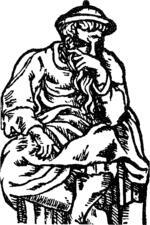
Akiva, Rabbi
Rabbi Akiva was an important interpreter and teacher of Jewish laws of the Tannaitic period (ca. first-third century C.E.). He was particularly groundbreaking in his teachings regarding women’s standing and sexual and marital relations, recognizing women as deserving of human dignity.
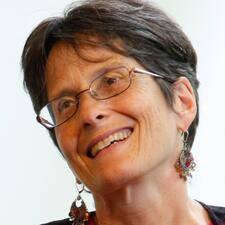
Sharon Cohen Anisfeld
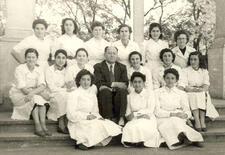
Argentina: Jewish Education
Over the course of the twentieth century, Jewish educational opportunities expanded for girls and teaching as an occupation became a possibility for Jewish women in Argentina. The 1920s saw the first female teachers in Jewish schools, and by the end of the 1950s, seventy percent of teachers were locally-trained women.
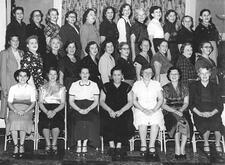
Assimilation in the United States: Twentieth Century
Jewish women assimilating into a changing American society across the twentieth century navigated often conflicting gender roles. As they strove to achieve upward social mobility, they adapted Jewish assumptions of what women, especially married women, should do to accommodate American norms for middle class women. Their collective accomplishments registered in political activism, organizational creativity, strong support for feminism, religious innovation, and educational achievement in the face of antisemitism, stereotypes, and denigration.
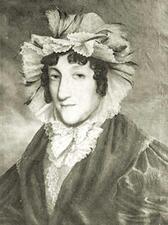
Australia: 1788 to the Present
The first Jewish women, like the first Jewish men, arrived in Australia on the very first day of European settlement in 1788. Those convict pioneers were followed by free settlers who made Jewish communal and congregational life viable and helped to develop the vast continent. Jewish women have made significant contributions to Australia's national story.
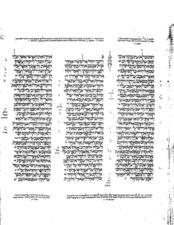
Ba'alei Ha-Nefesh
Ba’alei Ha-Nefesh is a halakhic work written by Rabbi Abraham ben David (Rabad) of Posquieres, a Provençal rabbi, in 1180. It focuses on the laws of behavior during niddah (menstruation), and lays out Rabad’s theology of self-control, sexuality, and the role of Jewish women.
Baraita de-Niddah
A rabbinic text about the ritual laws relating to menstruation, Baraita de-Niddah has a mysterious origin and an unknown impact on the interpretation of Jewish law about menstruation.
Asnat Barazani
Asnat Barazani was a highly educated and respected Torah scholar in late 16th and early 17th century Kurdistan. After her father’s death, he passed leadership of his Yeshiva in Mosul to Asnat’s husband, but she essentially ran it, taking rabbinic students under her supervision.
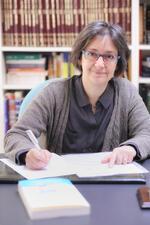
Pauline Bebe
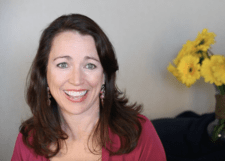
Amy Bernstein
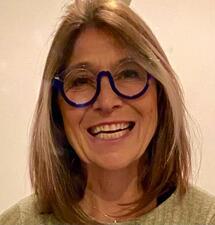
Analía Bortz
Analía Bortz is the first Latin American woman ordained as a Conservative rabbi. Her approach to spirituality and religion combines with her medical training. As a doctor specializing in bioethics, she has also helped women and couples with fertility issues.
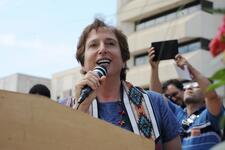
Deborah Brin
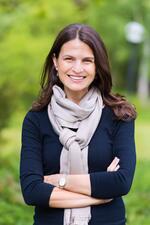
Sharon Brous

Angela Buchdahl
Angela Warnick Buchdahl is the first Asian American to be ordained as a rabbi and cantor. She is the senior rabbi of Central Synagogue in New York and is a major leader in American Judaism’s continued work on diversity, equity, inclusion, and innovation.
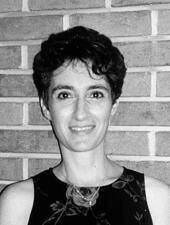
Nina Beth Cardin
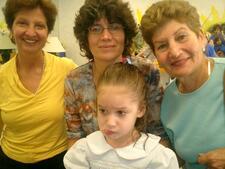
Dianne Cohler-Esses
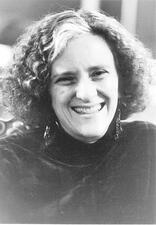
Conservative Judaism in the United States
Women have played a pivotal role in propelling the Conservative Movement to confront essential issues including Jewish education and gender equality. The Movement’s attention to issues such as the religious education of Jewish girls, the status of the agunah (deserted wife), equal participation of women in ritual, the ordination of women, and innovations in liturgy and ritual to speak to women’s experiences has helped to shape the self-definition of Conservative Judaism, and has enabled talented Jewish women to reach new heights in religious leadership.
Contraception
One of the major Jewish sources dealing with contraception is Tosefta Niddah. As with the issue of abortion, the more public the debate about contraception became over time, the more some rabbinic authorities attempted to usurp women’s control over their bodies.
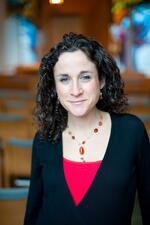
Rabbi Michelle Dardashti
Rabbi Michelle Dardashti currently serves as the Rabbi of Brown RISD Hillel and Associate University Chaplain for the Jewish Community at Brown.
Divorce: The Halakhic Perspective
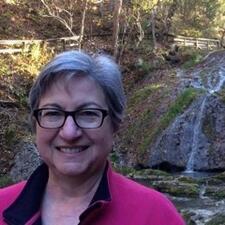
Ellen Dreyfus
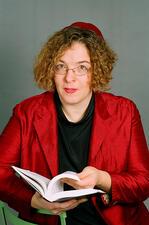
Gesa Ederberg

Lisa Edwards
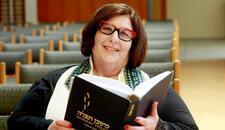
Denise Eger

Amy Eilberg
Rabbi Amy Eilberg, ordained by the Jewish Theological Seminary in 1985, is notable as the first woman ordained as a rabbi by the Conservative movement. Her multifaceted career as a chaplain, spiritual director, kindness coach, and peace and justice educator has focused on serving as a resource to help others achieve personal, interpersonal and spiritual growth.


